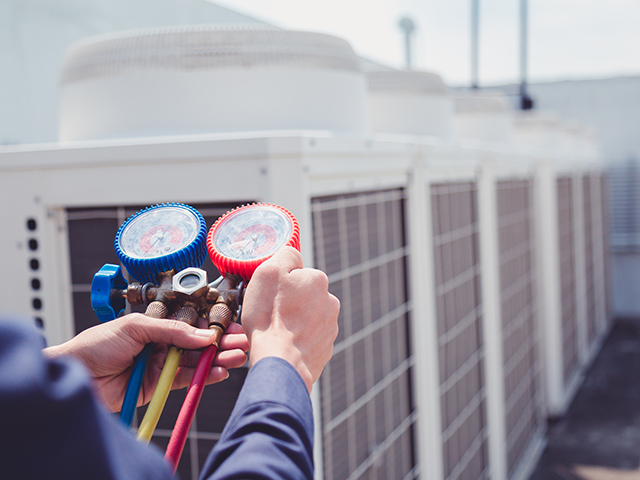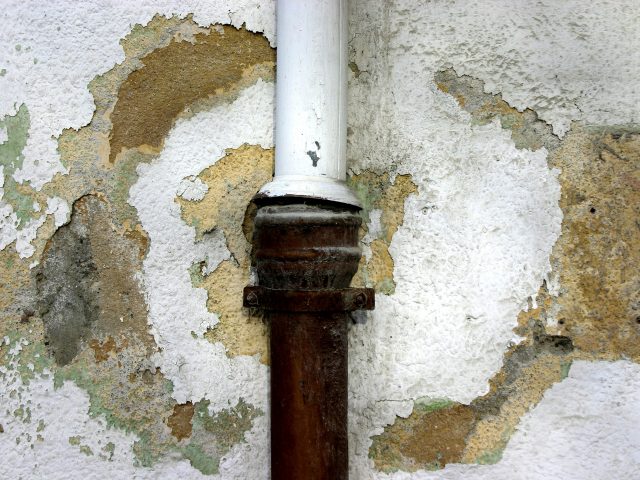Preventing Frozen Pipes
October 8, 2023

As winter descends with its icy grip, homeowners across the northern hemisphere brace themselves for the challenges that freezing temperatures bring. One of the most common and potentially costly winter plumbing issues is frozen pipes. When pipes freeze, they can burst, causing extensive water damage to your home. Fortunately, there are steps you can take to prevent frozen pipes and safeguard your plumbing system during the cold months. In this article, we will explore some essential winter plumbing tips to keep your pipes from freezing.
Understanding the Problem
Before diving into preventative measures, it’s crucial to understand why pipes freeze in the first place. Water expands when it freezes, and this expansion puts tremendous pressure on the walls of pipes. When this pressure becomes too much for the pipe to withstand, it can rupture, leading to leaks and flooding. Some pipes are more susceptible to freezing than others, especially those exposed to outdoor temperatures, such as garden hoses, outdoor water supply lines, and pipes in unheated areas like basements, garages, and crawl spaces.
1. Insulate Your Pipes
One of the most effective ways to prevent frozen pipes is to insulate them properly. Pipe insulation is an affordable solution that can save you from expensive repairs down the road. Here’s how to go about it:
- Exterior Pipes: For pipes located outside your home, like garden hoses and outdoor faucets, disconnect them and drain any remaining water. Store them indoors if possible. If not, cover them with insulated pipe sleeves or towels to provide some protection from the cold.
- Interior Pipes: Insulate pipes in unheated areas like basements, crawl spaces, and garages using pipe insulation or heat tape. Make sure to cover all exposed pipe surfaces.
2. Keep Your Home Warm
Maintaining a consistent indoor temperature is crucial during winter. Cold spots in your home can lead to frozen pipes. Here’s what you can do:
- Heating: Ensure your heating system is in good working order and set it to a temperature of at least 55 degrees Fahrenheit, even when you’re away from home.
- Open Cabinet Doors: In the kitchen and bathroom, open cabinet doors to allow warm air to circulate around pipes located under sinks. This can make a significant difference in preventing freezing.
3. Allow Faucets to Drip
During freezing weather, allowing your faucets to drip slightly can relieve pressure in your pipes. Running water is less likely to freeze, so this simple act can help prevent pipe bursts. Keep one or two faucets at a slow drip, especially those on exterior walls.

4. Seal Cracks and Gaps
Inspect your home for any gaps or cracks that allow cold air to seep in. These can be found around windows, doors, and foundation walls. Seal them with caulk or weatherstripping to prevent cold drafts from affecting the temperature inside your home.
5. Use Heat Tape
Heat tape, also known as pipe heating cable, is a handy tool to prevent frozen pipes. Wrap it around vulnerable pipes, and it will automatically heat up when temperatures drop, preventing freezing.
6. Emergency Shut-Off
Know the location of your home’s main water shut-off valve. In case a pipe does freeze and burst, you can quickly turn off the water supply to prevent further damage.
7. Professional Inspection
If you’re unsure about the condition of your plumbing or want expert advice on winterizing your pipes, consider hiring a professional plumber. They can assess your plumbing system, identify vulnerabilities, and recommend the best solutions.
By following these winter plumbing tips, you can significantly reduce the risk of frozen pipes and the potential damage they can cause to your home. Remember, prevention is always more cost-effective than dealing with the aftermath of a burst pipe.
So, as the snow falls and temperatures plummet, take these precautions to keep your pipes in good shape and ensure a warm and worry-free winter. Your home—and your wallet—will thank you. Visit www.abacusplumbing.com/plumbing/tankless-water-heaters/ where you will find lots of great information and practical advice about preventing frozen pipes.





Recent Comments